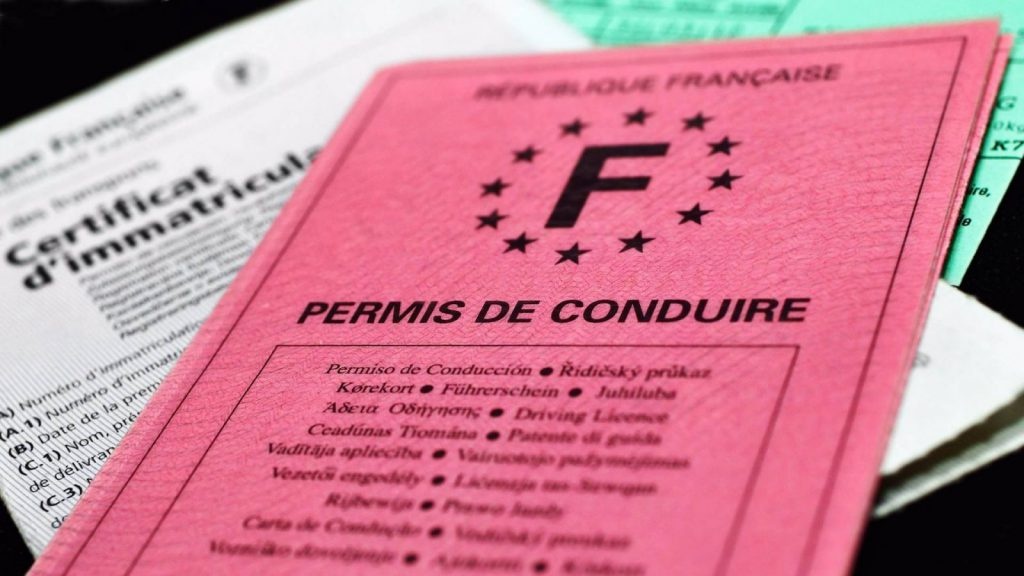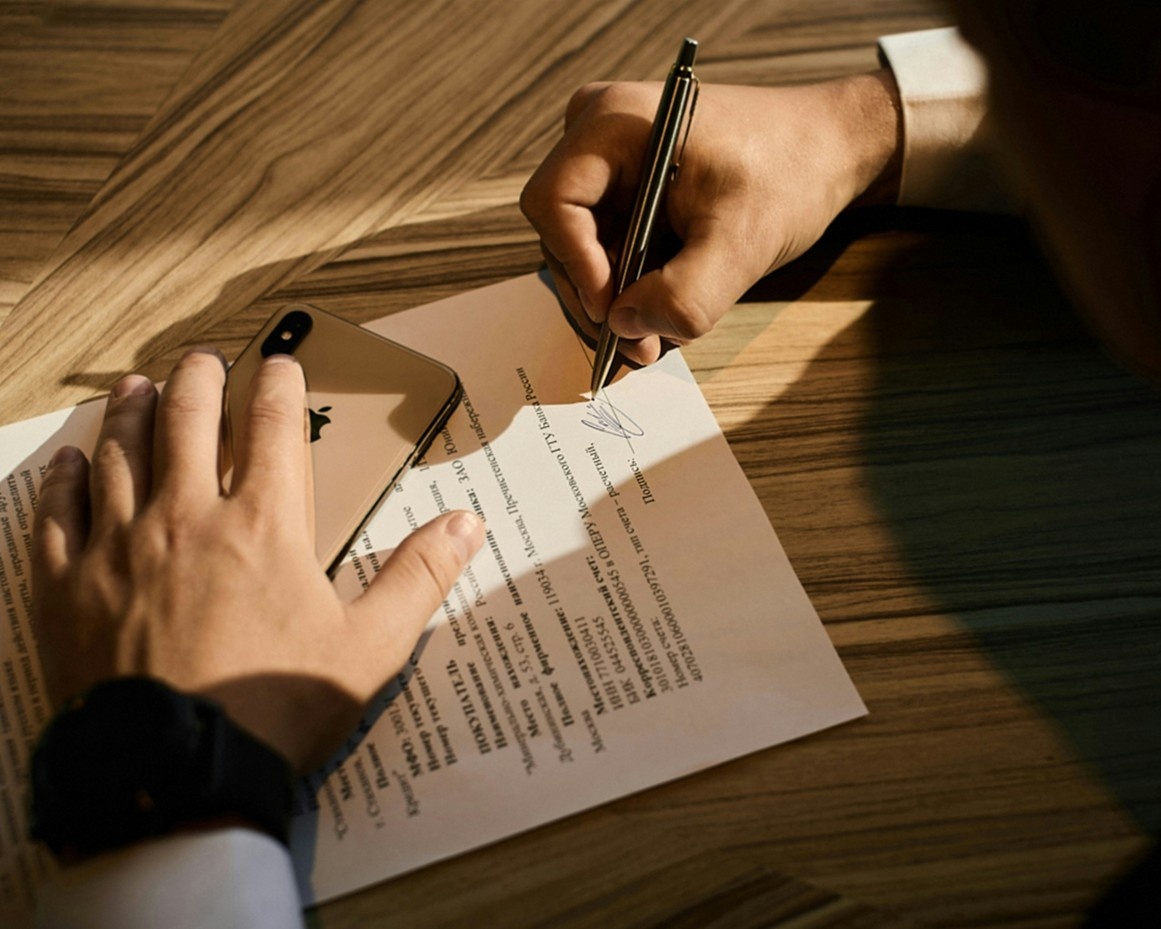What is a sworn translation?
A sworn translation is an official translation completed by a certified translator who is given the title of “Expert” and sworn in by a “cour d’appel” (or court of appeal) in France, a “Landgericht” (or district court) in Germany or by the Ministry of Foreign Affairs in other countries.
The certified translator proceeds to the certification of the translation by affixing their seal and signature to the translated document to certify the accuracy of the translation.
Translations that are certified by ACS Traduction are valid for all levels of government in France and in most countries abroad, such as Germany, the United Kingdom, the United States, Spain, Italy, the Netherlands, Belgium, Switzerland and Austria.
What about certified and official translations?
All of these terms are used as synonyms for the same type of translation: A translation completed by an Expert sworn translator and bearing his or her seal and signature.
In reality, “official translations” and “sworn translations” are really all “certified translations”.
When is it necessary for the translator's signature to be legalised (or "notarised")?
If the translation is to be used in France
If you are going to use the translation in France, the Expert translator's signature does not need to be legalised (or “notarised”). You can turn in your translation as is to the authorities in question.
If the translation is to be used abroad
If you are going to use the translation abroad, sometimes the Expert translator's signature does need to be legalised.
It depends on the requirements of the government entity that needs the translation. It is therefore absolutely essential to ask for specifics and to communicate this information to ACS Traduction before ordering a translation.
Legalisation - also known as notarisation - is an official procedure that has to be completed by the sworn translator only. It certifies that the translator's signature is authentic.
In France, signatures can be legalised at a town hall, by notaries and at the Chamber of Commerce where the translator has registered their signature.
If the translation is going to the Ministry of Foreign Affairs or to an embassy, it is generally required for signatures to be legalised.
It is important to include this information when ordering a certified translation, because it adds an extra step to the translation process. This extra service is not included in the prices listed on our website and will require an additional fee.
The Apostille - When should a translation include an Apostille?
This is something you should also ask about should you need more information on your certified translation requirements. It is generally recommended that you request an Apostille for your document before having it translated.
Once a sworn translator's signature has been legalised, there are two possibilities for the next step:
1. If the destination country (the one in which the document and its certified translation will be used) has signed The Hague Convention of 5 October 1961 (see the list of Contracting States to the Convention), the process is simplified, but specific to each country.
- In France, you need to give the original document and its certified translation to the French notary's office. You will find all the details via this link:
- In the United States, you usually need to send your original document to the competent authority that issued the document (generally, the state Secretary of State’s office, a federal or district court or the U.S. Department of State Authentication Office or Bureau of Consular Affairs) (see United States of America – Competent Authority).
- In the UK, you usually need to send your original document to the Legalisation Office (see Get a document legalised).
2. If the destination country is not party to The Hague Convention of 5 October 1961, you need to give the original document and its certified translation to the legalisation office or equivalent at the Ministry of Foreign Affairs and then to the consulate or embassy of the country in question.
ACSTraduction is a translation agency and our passion lies in delivering quality, professional translations. As such, the information above is given for information purposes only. We advise you to contact the appropriate Minister of Foreign Affairs, the Embassy or the Consulate for all details concerning the steps you need to take and the documents you have to provide.
To find out more please read our article regarding this topic

Your certified translation.
Quick delivery by e-mail or postal mail.
Lead times and processing terms
Delivery of your certified translation in 72 working hours as PDF file.




